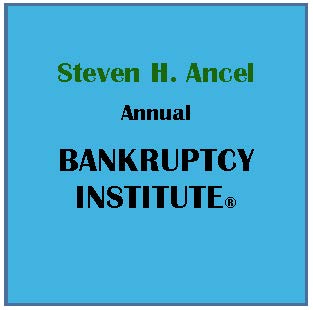Indiana Business Dispute Lawyers for Commercial Litigation & Appeals

The legal practice of resolving disputes has evolved significantly. At one point, highly-contested cases with significant amounts at stake were usually resolved through trial. This is no longer the case.
Now, even high-value cases are likely to be resolved through settlement (often after extensive negotiation, discovery, and mediation have taken place). Well over 95% of civil litigation cases now settle prior to trial.
In order to provide efficient and effective legal services, today’s litigation lawyers must not only have a firm understanding of applicable law, they must also be adept at making use of discovery tools, advancing client cases economically, and utilizing creative methods to resolve cases. Moreover, for those disputes that cannot be settled, litigation lawyers must be able to present the client’s case to the judge or jury in an effective manner. Our team of litigation and trial lawyers are experienced and effective in each of these areas.
Experienced Litigation Strategy
At Rubin & Levin, our litigation strategy in all cases remains firmly focused on one objective – how can we best achieve the litigation goals of our client?
We rely on decades of experience in developing creative solutions involving effective advocacy in both the courtroom and through advancing our clients’ cases through discovery. We employ cutting-edge litigation technologies to increase efficiencies and provide better service. We know that to be a leading law firm change and technology adoption are required.
We also know where to find points of leverage and what it takes to win a case. We fight for the rights of our clients every step of the way, from helping our clients obtain prejudgment possession orders, injunctive relief, and other asset-preservation strategies, to zealous advocacy at trial, in post-judgment proceedings and through appeals.







